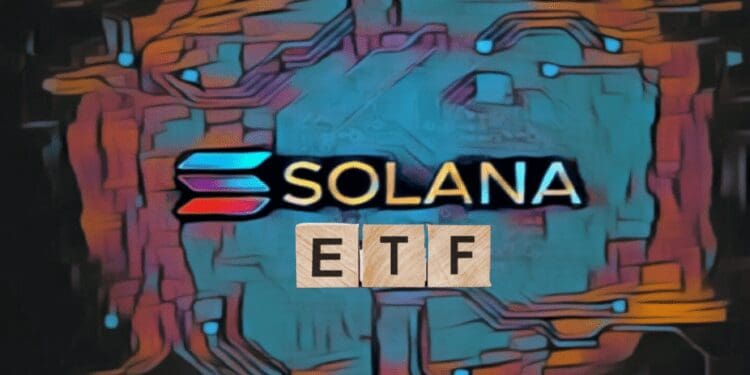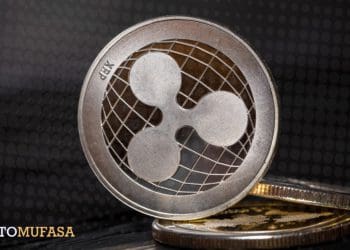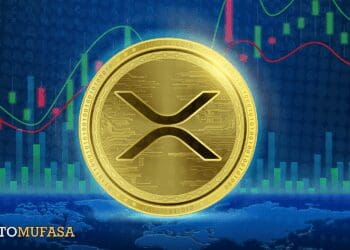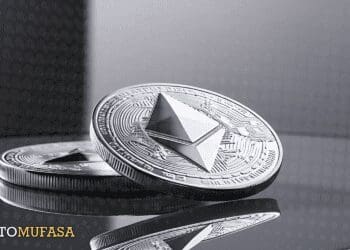The anticipated launch of a Solana ETF has encountered an unexpected hurdle, as the U.S. Securities and Exchange Commission (SEC) has yet to acknowledge crucial filings related to the ETF. The silence from the SEC has left industry insiders and investors alike in a state of uncertainty, casting doubt on the future of the Solana ETF and sparking broader discussions on the regulatory treatment of digital assets.
VanEck and 21Shares, the firms behind the proposed Solana ETF, had initially filed their applications with hopes of gaining approval in a market that has recently seen the green light for Bitcoin and Ethereum ETFs. However, Bloomberg analyst Eric Balchunas revealed in a social media post that the process has stalled, with the SEC’s failure to move the filings beyond an initial review stage. This inaction has forced the exchanges to retract their 19b-4 filings, effectively freezing the approval process.
Debate Over Solana’s Security Classification Intensifies
The SEC’s inaction has not only delayed the ETF launch but has also reignited a contentious debate over whether Solana (SOL) should be classified as a security. The classification of digital assets as securities or commodities has long been a gray area, with significant implications for how these assets are regulated.
Critics of the SEC’s approach argue that labelling SOL as a security is inconsistent, particularly when Ethereum, which operates under a similar proof-of-stake model, has been largely accepted as a commodity. This inconsistency has been a point of contention within the crypto community, with many questioning the fairness and transparency of the regulatory process.

Bloomberg analyst James Seyffart weighed in on the debate, noting that the SEC is indeed pushing the narrative that SOL should be classified as a security. This stance has only deepened concerns about the potential for the Solana ETF to gain approval, as regulatory clarity remains elusive. The removal of Solana ETF filings from the Cboe website, following the SEC’s previous approvals of Ethereum ETFs, further complicates the situation, leading to speculation about the regulatory body’s intentions.
VanEck’s Optimism Amid Regulatory Uncertainty
Despite the setbacks, VanEck remains hopeful that the Solana ETF will eventually receive the green light. Matthew Sigel, VanEck’s Head of Digital Asset Research, has expressed confidence that Solana can be classified as a commodity, similar to Bitcoin and Ethereum, despite the ongoing regulatory debates.
Sigel points to the evolving legal landscape surrounding crypto assets as a basis for his optimism. He argues that certain digital assets can serve dual roles, functioning as securities in primary markets but behaving more like commodities in secondary markets. This nuanced view could potentially influence future regulatory decisions, particularly as the SEC continues to grapple with the complexities of the crypto industry.
Market Reactions: Solana’s Price Fluctuations Amid ETF Delays
The uncertainty surrounding the Solana ETF has had noticeable effects on SOL’s market performance. Despite the delays and ongoing debates, Solana’s price has shown resilience, trading around $144.14 at the time of writing. The cryptocurrency has experienced a 1% increase, with trading volumes rising by 5% to $2.16 billion. However, the market remains cautious, as the price fluctuated between a low of $141.36 and a high of $148.65 over the past 24 hours.
Market analysts have pointed out that while SOL has managed to hold its ground, the ongoing regulatory challenges could hinder its ability to reach the $200 mark, a target that many investors are eyeing. The road ahead for Solana is uncertain, and much will depend on how the regulatory landscape evolves in the coming months.
Also Read: How ETFs Are Reshaping the Crypto Markets













Discussion about this post